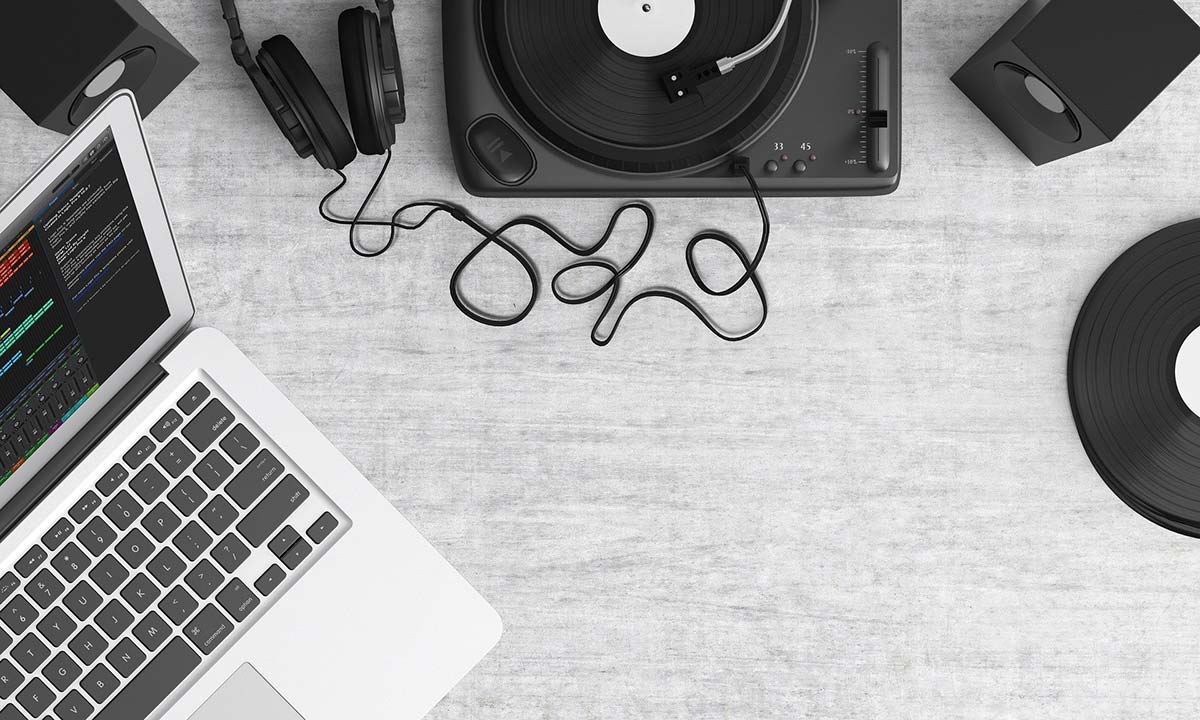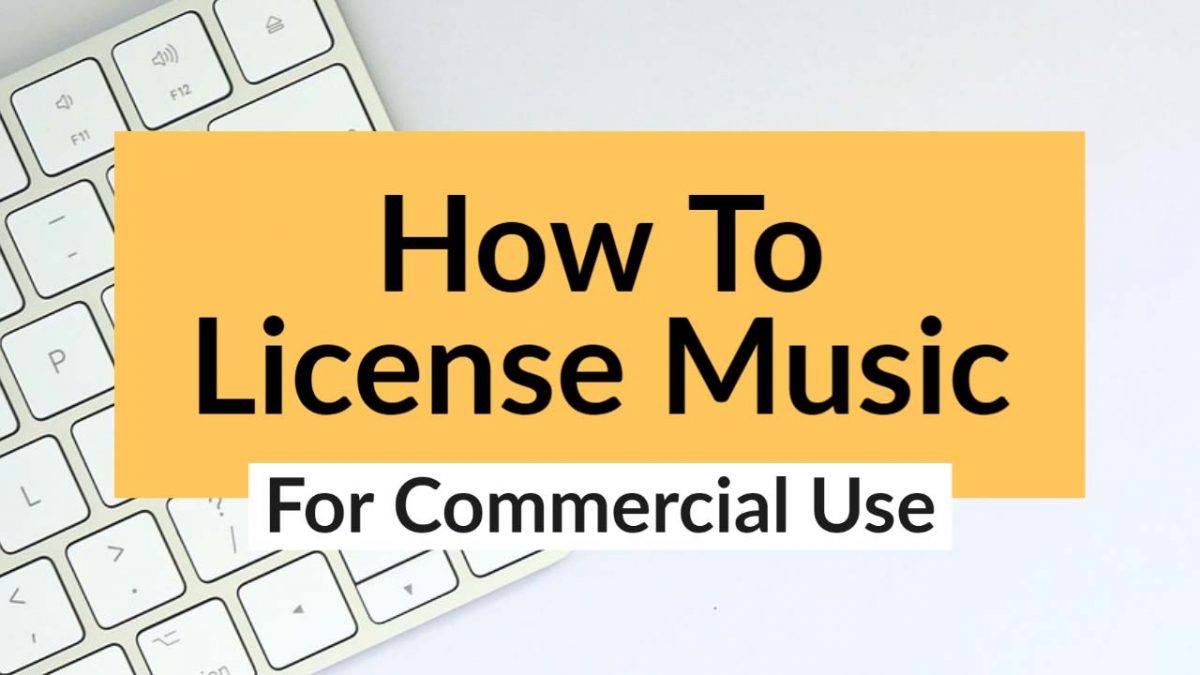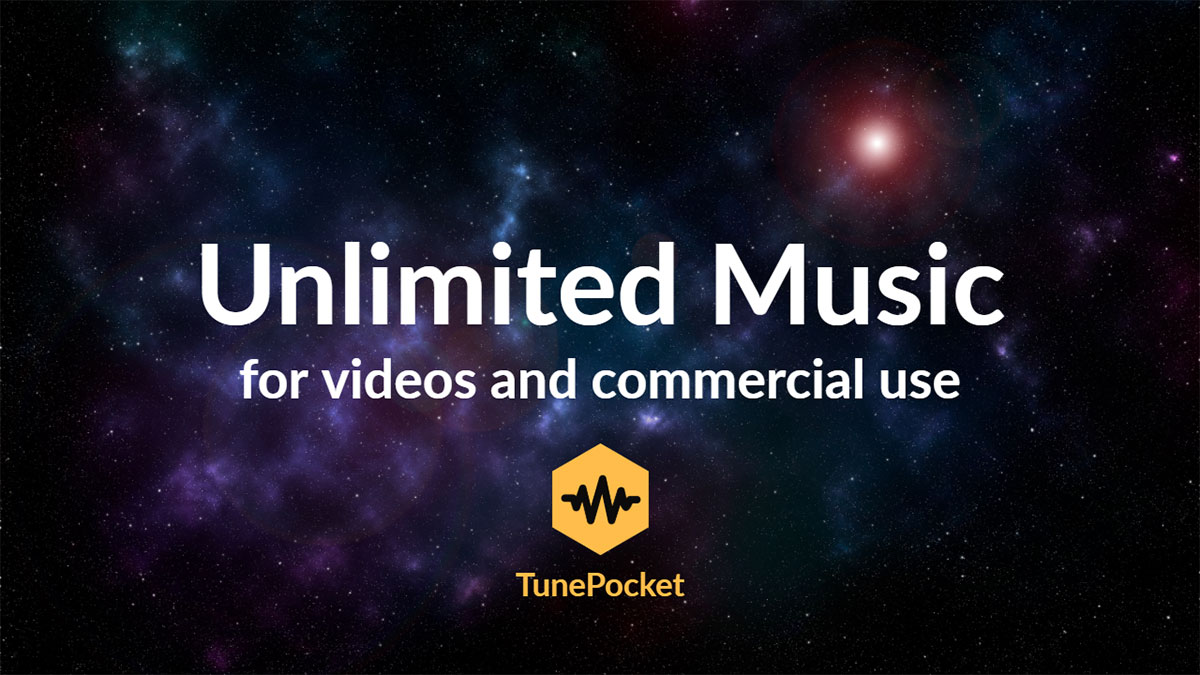Music can add tremendous value to your video, vlog, or even a short social media post.
With so much music around us, one might think that finding the music you can safely use is easy.
But how can you safely add music to your promotional video or freelance videography project without creating liability for you or your clients?
Here are some basic facts to help you navigate the often confusing waters of music licensing.
I like this song! Can I use it in my video?

It’s very tempting just to grab a popular song and plug it into your project. Sadly, the copyright laws do not allow us to use others’ intellectual property without permission.
As a rule of thumb, you must obtain the permission from the copyright owner to use any copyrighted material, even for non-commercial projects.
Here are few typical mistakes that can land you (or your client!) in hot legal water:
1Myth: I can use any music, as long as I give credit!
Sadly, that’s not true. Giving credit is nice and appreciated by the artists but it does not grant any special rights.
2Myth: I can use any music as long as I don’t make money!
Once again, it does not matter whether you make money or not. You still need permission to use somebody else’s work.
3Myth: I can use any music under fair-use law!
If “fair-use” is your line of defense against copyright claims, keep in mind that fair-use primarily applies to commentary, parody, news, and similar uses and generally don’t work for business projects.
Should I even care about music licensing?

If you’re running a business or doing freelance work for clients, my suggestion is never to use unlicensed music.
The common risks include:
1Limited exposure
You may not be able to showcase your work on social media. Many platforms employ sophisticated copyright protection systems that flag infringing content.
2Legal action
You’re risking a legal action by the copyright owner.
3Your reputation will suffer
You reputation as a freelance videographer can take a big dent from negative feedback by clients who discovered unlicensed content in their projects.
How to properly license music for commercial business use
Using music in commercial projects does not always meant you have to pay a high licensing fee. You can even start for free.

Here are some options:
Public domain music
That covers music with expired copyright. Note that copyright laws do vary country to country and so does the copyright expiration time.
Furthermore, often when a composition is indeed in public domain, the RECORDING of that composition is still be copyrighted.
Creative Commons music
Many indie musicians distribute their music for free under the Creative Commons license.
Generally that means that you can use their music free of charge if you agree to certain conditions. There are different types of creative commons licenses, so pay attention to the details.
The two typical limitations include the requirement to credit the musician and not using music in commercial projects.
What if I want to use a famous song?
It’s not impossible but will require some work and adequate budget.
When it comes to commercial music, the rights are typically split between the record label and the publisher.
The publisher controls the composition (that is, the words and the melody), while the record label controls the actual recording of that composition.
You will need to obtain the license from both the label and the publisher.
If your client plans to broadcast the resulting recording (for example, on radio) you also need to know about the performance license.
Most artists are members of performance rights organizations (PRO) in their countries. The PRO collects the performance royalties when music is performed in public places or transmitted to the public over the radio or television broadcasts, and in some cases by the Internet.
Most broadcasters like TV and radio stations already have the necessary performance licenses that cover all applicable music but this will be your responsibility to verify that if want to use PRO affiliated music.
As you can see, unless you’re working for a high profile client who demands a well known soundtrack, getting a license from prominent artists isn’t the most practical option for small business owners and freelancers.
Is there an easier alternative?
For most freelancers, the easiest option is to purchase licenses from a royalty free music library.
The libraries typically source the music from independent producers and offer affordable licenses for commercial and small business use.
There are literally hundreds of large and small music libraries and marketplaces offering affordable royalty free music for small business owners and freelancers.
Most libraries will let you choose between a variety of royalty free music licenses but this will be your responsibility to read and understand the differences between different licenses offered by each library.
Always pay attention to the fine print. Some libraries may require you to purchase a new license for every new project, while others may have more generous terms or offer unlimited royalty free music subscriptions.
It’s always a good idea to make sure you get official licensing certificate with your purchase.
Hope this helps and good luck finding the perfect soundtrack for your next project!

